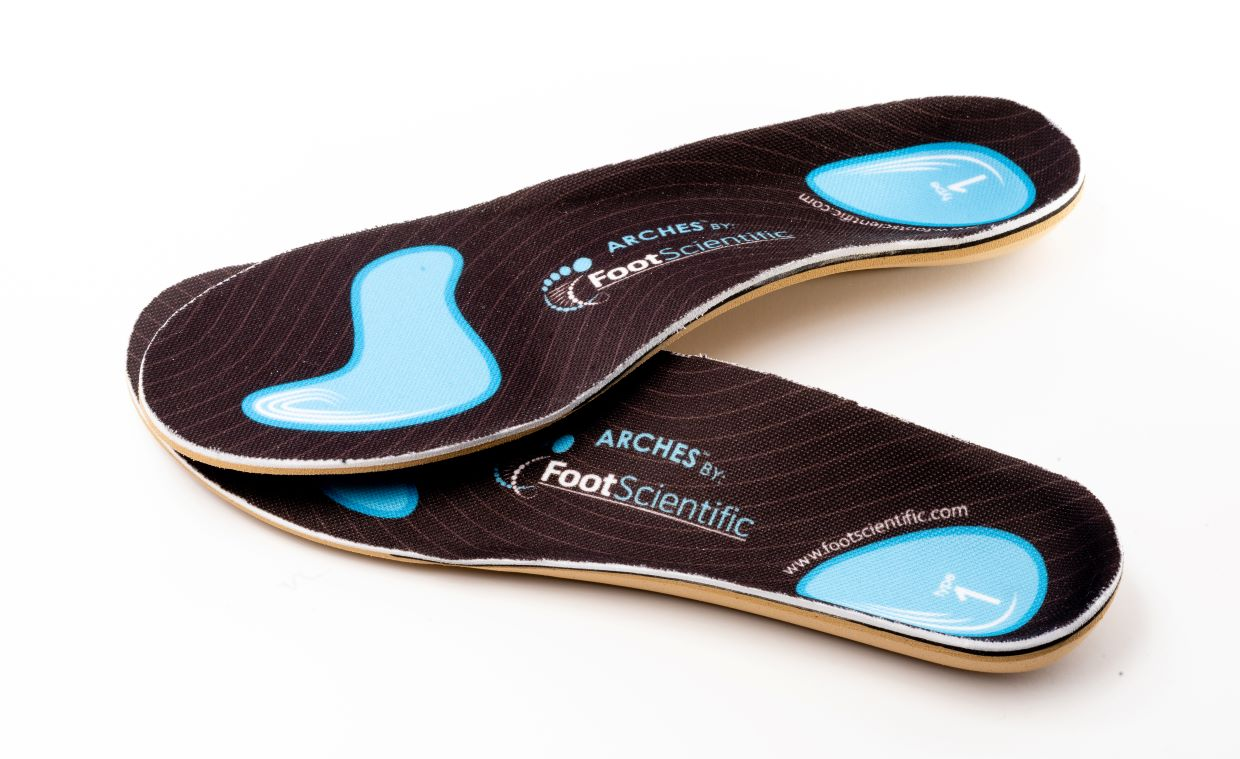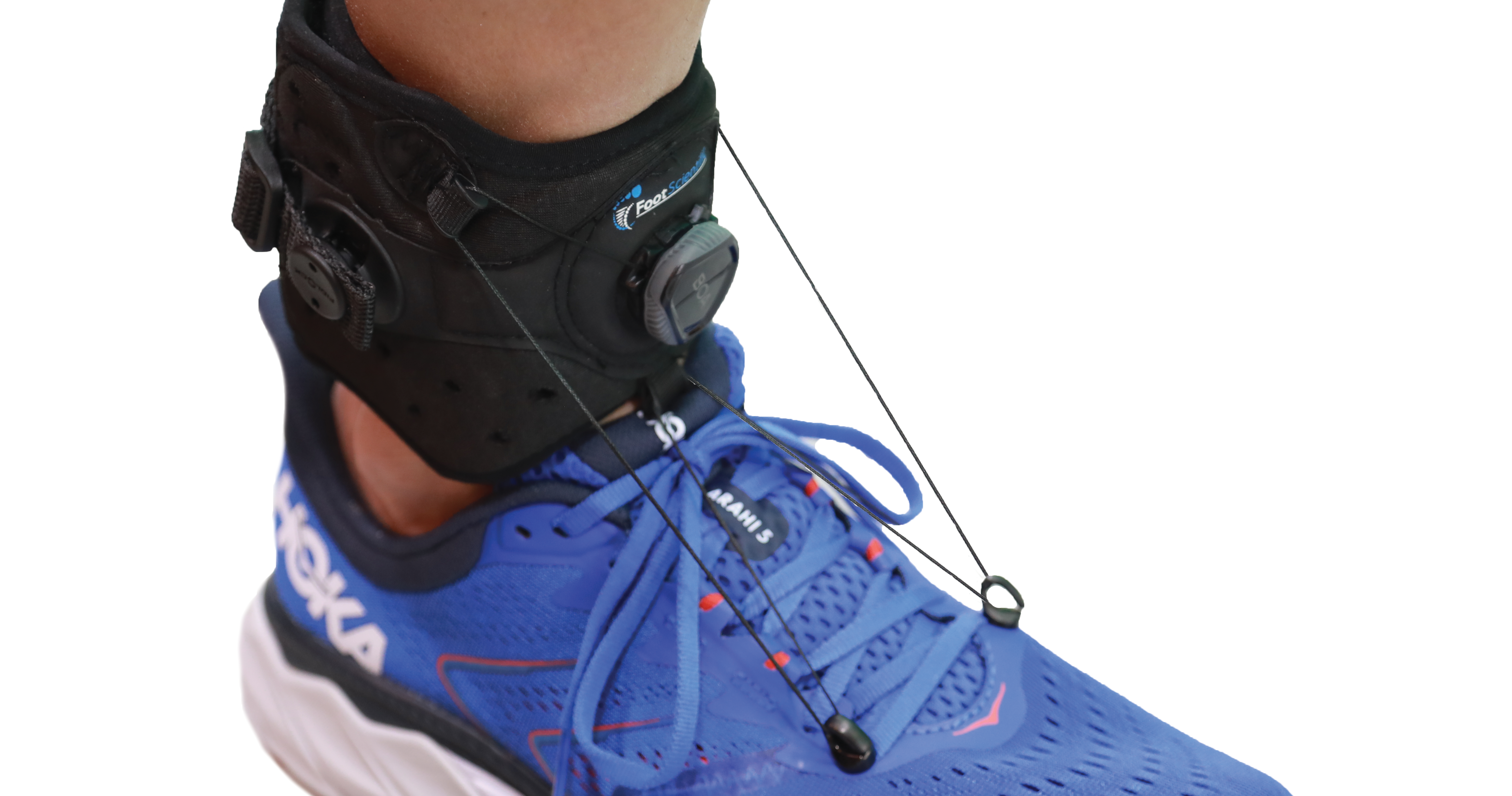Gout
Gout is a type of arthritis that occurs when uric acid (created when your body when breaks down purines, an organic compound found in certain types of food) builds up within your blood and causes joint inflammation. There are two different types of Gout.
Acute gout: Gout that typically affects only one joint.
Chronic Gout: repeated episodes of pain and inflammation. In many cases this type of Gout involves more than one joint.
What causes Gout?
Gout is caused by an excess amount of uric acid within the body. Typically found in foods such as liver, dried beans, and peas, uric acid is created by your body during the digestive process. Gout is created when the kidneys are not able to process uric acid in the correct amounts, therefore causing an excess amount of uric acid within the body. It can also be caused by a diet containing too many foods that cause your body to create uric acid.
How do I know if I have Gout?
What are the symptoms of Gout?
- The first attack of Gout starts suddenly with pain, throbbing, and a feeling of the joint being crushed. For many people the first attack occurs in the big toe, although the ankle and knee are also commonly affected. Symptoms usually involve only one or a few joints.
- The joint may feel warm and be red in color.
- The joint will be very tender and sensitive to touch
- A fever is possible
- Attacks may go away within a few days, but can return. Additional attacks often last longer.
- Only half of patients will have attacks following past the first.
How is Gout diagnosed?
Gout is diagnosed through fluid analysis: the amount of uric acid within the blood, joint itself, and urine, as well as joint x-rays.
What can I do from home for Gout?
What can I do to prevent Gout?
Diet and lifestyle changes are the single biggest thing you can do to prevent Gout.
- Avoid alcohol
- Take a vitamin C supplement (helps the kidneys to process uric acid)
- Maintain a healthy weight
- Do no eat foods rich in purines
- Exercise regularly
- Drink plenty of water
- Avoid fatty foods
What treatments can I do from home for Gout?
Epsom salt baths soaking the affected area, cold packs, and regular exercise can assist in the treatment of Gout. Starting an NSAID (anti-inflammatory such as ibuprofen or naproxen) at the onset of symptoms can be helpful - talk to your health care provider about the proper dose.
When should I see a doctor for Gout?
Call your doctor immediately if you have:
- Severe sudden pain that affects a single joint
- Swolen, tender joint(s) with warm, reddened skin
Treatments your doctor may recommend for Gout
Diet and lifestyle changes are the most common treatment of Gout. If you are still unable to contain Gout flare-ups, medication may be prescribed.




